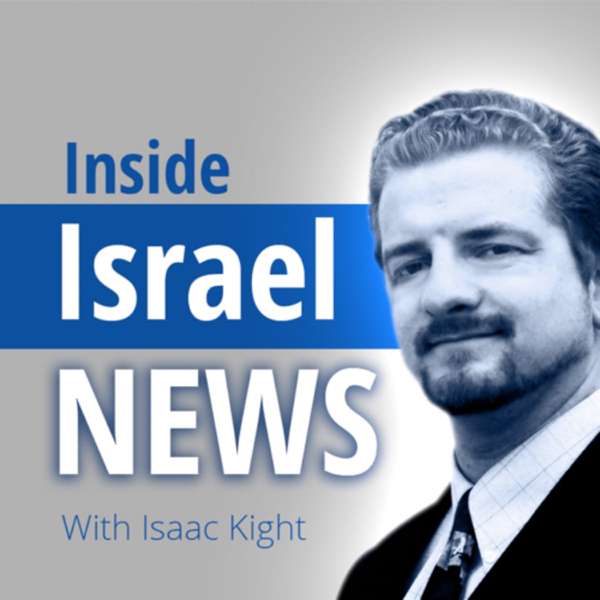This is part third and final-part conversation with SFC
Mondrian Bogert (or Mo) discussing Special Forces approach to prolonged casualty care in austere and resource constrained environments during a Large-Scale Combat Training scenario emphasizes multi-domain operations (land, air, space, cyberspace, information, and human) at the National Training Center (NTC).
SFC Bogert is an Observer Coach / Trainer (OC/T) on the the Burro Team; Special Operations Training Detachment AOB-W at Fort Irwin and NTC.
SFC Bogert has over 16 months experience as an SOF (SF) OC/T, he has planned, resourced, coordinated, and supervised the execution of multiple prolong casualty care scenarios at NTC. Mo shares his experiences observing and supervising the execution of prolonged casualty care at NTC. Highlighting insights on how what prolong casualty care might look like in LSCO, the differences in planning and approach to MASCAL versus prolonged casualty care, and recommendations on how to prepare for an upcoming CTC rotation.
SFC Bogert is the type of OC/T that wants to see the
training unit improve and he consistently goes above and beyond during rotation and outside of rotation to train Soldiers both in and outside of ARSOF. The Off the Radar team want to thank Mo for his time, dedication to the profession, and willingness to help improve the force through sharing the lessons he learns as an OC/T.
About the Host:
CPT Weston Rich is a member of SOF Plans at the NTC and former member of Burro Team, the Special Operations Training Detachment OC/T Team at NTC. Prior to his time at NTC, Weston served as a Detachment Commander with 1st SFG (A) and as an Infantry Officer with 3-509th IN (ABN)/4/25 ID (now part of 2/11 ABN DIV). Following his time at NTC, Weston will attend Carnegie Mellon University with a follow-on assignment to Army Futures Command.
This episode covers:
- Day to day operations for an 18D Special Forces Medic at a Combat Training Center: medical status tracking, tracking medical logistics, taking the team and attachments and partner force, real world and in scenario medical needs
- 18Ds interpersonal skills and key leader engagements;
using 18Ds to help built trust and rapport with the partner force, learning about the operational environment from the partner force
- tailoring your medical equipment and load out to your operational environment
- identifying problems, recommending solutions to the Detachment leadership
- Cross talking within the Detachment to share information with relative parties and ensure a shared understanding of the partner force capabilities, operational environment, medical network, medical logistics so that the Commander can make decisions and assume prudent risk, and understand the locations and capabilities of friendly medical assets
- Developing a medical Common Operating Picture that can be an overlay in analog and digital form. Including conventional forces medical assets, partnered or host national medical assets, civilian assets (hospitals, clinics, vets, midwives, animal services, schools, pharmacies, etc.)
- Medical equipment to bring and what not to bring
- Cross training to ensure each member of the Detachment knows where all the medical supplies are packed, knows what they look like, and can find them under pressure in low light conditions, having a Standing Operational Procedure (SOP)
- Bringing extra class VIII (medical supplies) to build individual first aid kits (IFAKs) for your partner force. Immediately build rapport and gain the ability to train them or assess their level of training on tactical combat casualty care
- Identifying the overmatch a Special Force Operational Detachment-Alpha will face in a denied area across all war fighting functions and ways to mitigate and eventually overcome that overmatch
Please like, subscribe, and share these episodes with ARSOF any conventional Soldiers and Leaders to spread the knowledge of ARSOF in LSCO.
To provide feedback please email the host, CPT Rich, at weston.rich@socom.mil.
Produced, edited, and sound engineering by Micah Popp of Salty Sounds

 Our TOPPODCAST Picks
Our TOPPODCAST Picks  Stay Connected
Stay Connected







